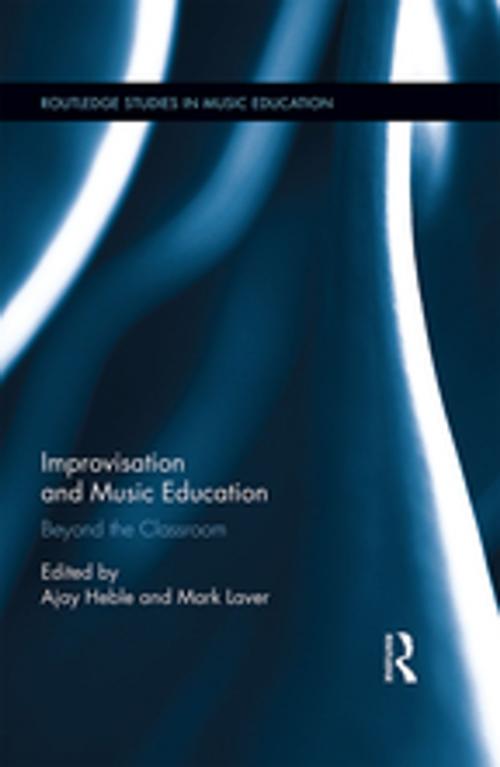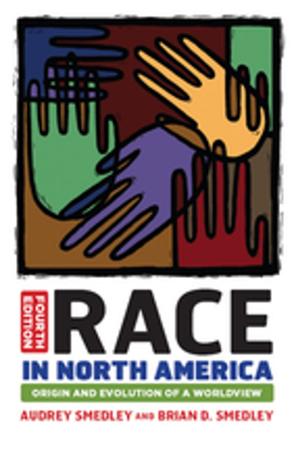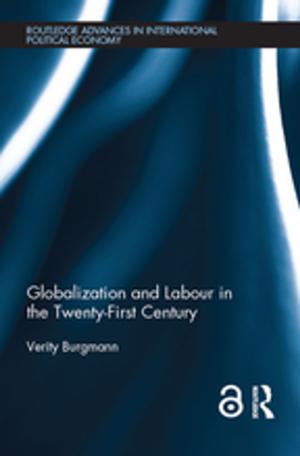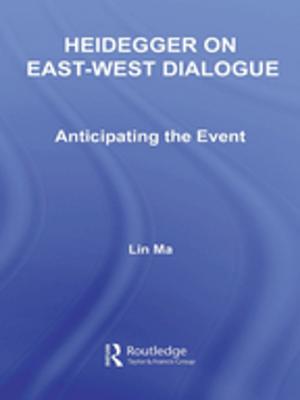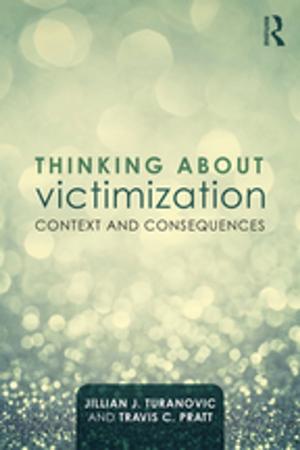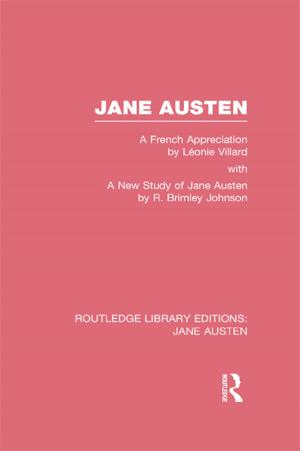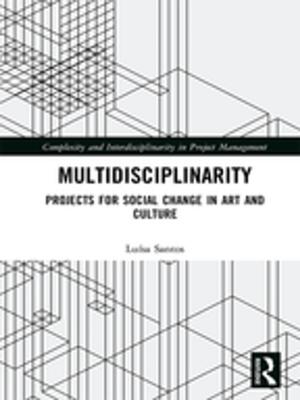Improvisation and Music Education
Beyond the Classroom
Nonfiction, Entertainment, Music, Music Styles, Jazz & Blues, Jazz, Instruments & Instruction, Instruction & Study, Theory & Criticism| Author: | ISBN: | 9781317569923 | |
| Publisher: | Taylor and Francis | Publication: | February 19, 2016 |
| Imprint: | Routledge | Language: | English |
| Author: | |
| ISBN: | 9781317569923 |
| Publisher: | Taylor and Francis |
| Publication: | February 19, 2016 |
| Imprint: | Routledge |
| Language: | English |
This book offers compelling new perspectives on the revolutionary potential of improvisation pedagogy. Bringing together contributions from leading musicians, scholars, and teachers from around the world, the volume articulates how improvisation can breathe new life into old curricula; how it can help teachers and students to communicate more effectively; how it can break down damaging ideological boundaries between classrooms and communities; and how it can help students become more thoughtful, engaged, and activist global citizens. In the last two decades, a growing number of music educators, music education researchers, musicologists, cultural theorists, creative practitioners, and ethnomusicologists have suggested that a greater emphasis on improvisation in music performance, history, and theory classes offers enormous potential for pedagogical enrichment. This book will help educators realize that potential by exploring improvisation along a variety of trajectories. Essays offer readers both theoretical explorations of improvisation and music education from a wide array of vantage points, and practical explanations of how the theory can be implemented in real situations in communities and classrooms. It will therefore be of interest to teachers and students in numerous modes of pedagogy and fields of study, as well as students and faculty in the academic fields of music education, jazz studies, ethnomusicology, musicology, cultural studies, and popular culture studies.
This book offers compelling new perspectives on the revolutionary potential of improvisation pedagogy. Bringing together contributions from leading musicians, scholars, and teachers from around the world, the volume articulates how improvisation can breathe new life into old curricula; how it can help teachers and students to communicate more effectively; how it can break down damaging ideological boundaries between classrooms and communities; and how it can help students become more thoughtful, engaged, and activist global citizens. In the last two decades, a growing number of music educators, music education researchers, musicologists, cultural theorists, creative practitioners, and ethnomusicologists have suggested that a greater emphasis on improvisation in music performance, history, and theory classes offers enormous potential for pedagogical enrichment. This book will help educators realize that potential by exploring improvisation along a variety of trajectories. Essays offer readers both theoretical explorations of improvisation and music education from a wide array of vantage points, and practical explanations of how the theory can be implemented in real situations in communities and classrooms. It will therefore be of interest to teachers and students in numerous modes of pedagogy and fields of study, as well as students and faculty in the academic fields of music education, jazz studies, ethnomusicology, musicology, cultural studies, and popular culture studies.
